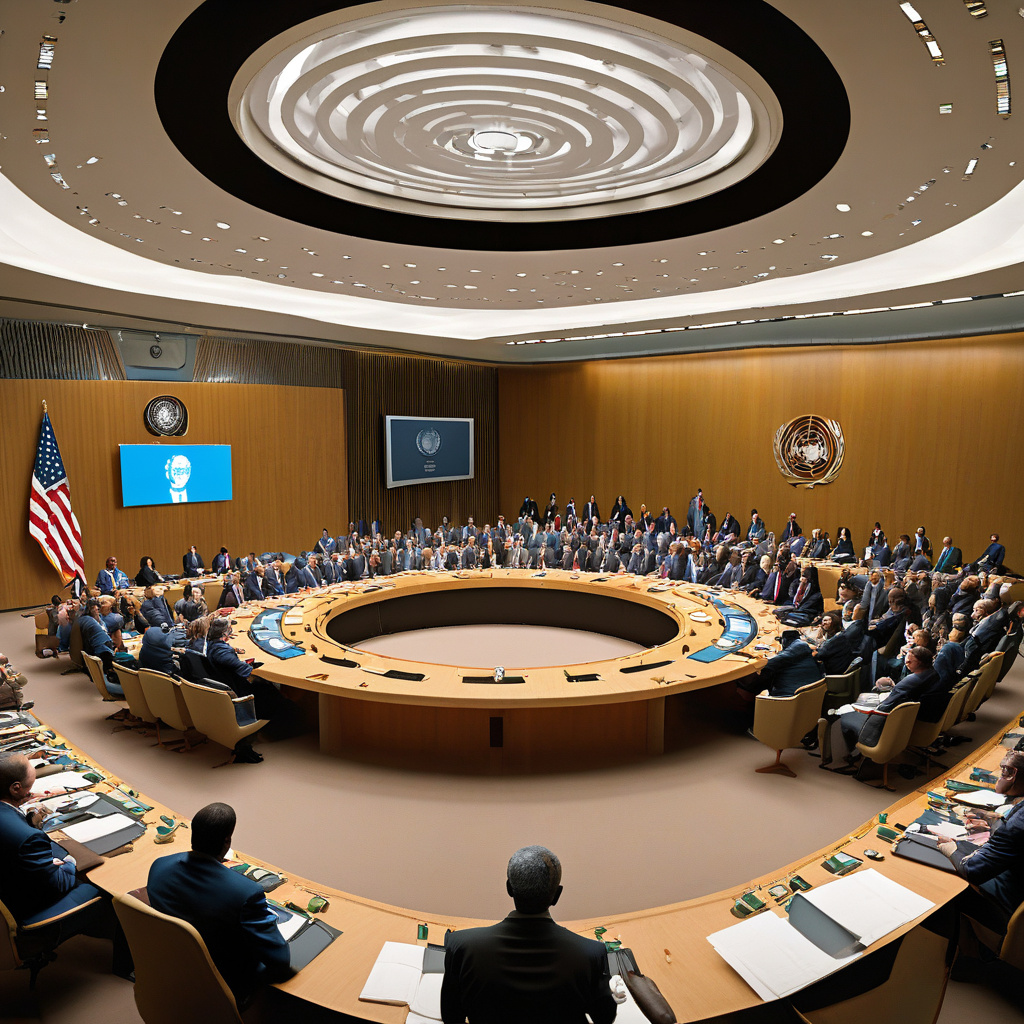The United Nations Urges Prompt Regulation of Military AI
The race for dominance in artificial intelligence (AI) is intensifying on a global scale, particularly in the realm of military applications. Recent developments have shown the United States taking decisive steps to curb China’s technological and military advancements by tightening export controls on advanced AI chips. In response, China has fired back, denouncing these measures as acts of “bullying” and protectionism.
The escalating tensions between the US and China over AI technologies have caught the attention of the United Nations, prompting a call for urgent regulation of military AI. The implications of unbridled AI proliferation in military domains are profound and far-reaching, raising concerns about the potential for autonomous weapon systems and the destabilization of international security.
At the heart of the matter is the dual-use nature of advanced AI technologies, which can be harnessed for both civilian and military purposes. While AI holds immense promise for enhancing efficiency and innovation across various sectors, its militarization has raised ethical dilemmas and security risks that cannot be ignored.
The push for regulating military AI is underscored by the need to establish clear guidelines and international norms to govern its development and deployment. Without robust regulation, there is a real danger that AI could be weaponized in ways that undermine human rights, escalate conflicts, and erode global stability.
One of the key challenges in regulating military AI lies in striking a balance between fostering innovation and safeguarding against misuse. The rapid pace of technological advancement outpaces the ability of policymakers to keep up with the ethical and security implications of AI applications in military settings.
Moreover, the lack of a unified approach to regulating military AI across nations further complicates the issue. Divergent interests, competing agendas, and geopolitical rivalries hinder efforts to establish a common framework that governs the responsible use of AI in warfare.
The United Nations’ call for urgent regulation of military AI signals a recognition of the pressing need to address these challenges collectively. By bringing together stakeholders from governments, industry, academia, and civil society, the UN aims to foster dialogue, cooperation, and consensus on the principles that should guide the development and deployment of AI technologies in military contexts.
As the US and China engage in a high-stakes competition for AI supremacy, the international community faces a critical juncture in shaping the future of AI governance. The divergent approaches taken by major powers underscore the complexities and risks inherent in the unchecked proliferation of military AI.
To navigate these challenges effectively, a multilateral approach that emphasizes transparency, accountability, and human rights is paramount. By establishing norms and standards that govern the ethical use of AI in military settings, the international community can mitigate the risks of AI arms races, autonomous warfare, and unchecked escalation of conflicts.
In conclusion, the United Nations’ call for urgent regulation of military AI reflects a growing recognition of the need to address the ethical, legal, and security implications of AI technologies in the military domain. By fostering dialogue and cooperation among stakeholders, the international community can chart a path towards responsible AI governance that upholds human rights, promotes stability, and mitigates the risks of unrestrained AI militarization.
AI, Military, Regulation, United Nations, Technology
